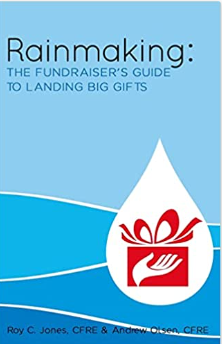Building your development team for success
The major-gift fundraisers are not magicians. They can’t simply pull their millionaire contacts and tell them to give to your ministry now that they work for you. It just does not happen that way. High-capacity donors often start with small gifts initially and only upgrade to make midlevel or major gifts after the organization demonstrates impact and then presents bigger projects to support. If you have a large pool of middle donors and/or current major donors that need to be cultivated, then you are ready to hire a frontline fundraiser.
Here are some fundraiser hiring best practices:
Don’t just hire a salesman.
So many nonprofits think that the big business closer will easily be the best fundraiser. Wrong. In most cases the best fundraisers for your nonprofit are the best listeners, not the best talkers. They find the donor’s passion and then align that passion with the program needs.
Hire a recruiter.
Make sure recruiters specialize in major gifts. In fundraising, it truly does “take one to know one.” A lot of people talk a big game, but very few know what metrics to look for in recruiting a fundraiser who has raised real money.
Résumés need validation.
Fundraisers’ résumés should include specific dollar amounts that they have raised by year and by program. As important is reviewing the 990s for nonprofits that hired your candidate to confirm the time the said funds were raised. The fundraiser should be able to give references or coworkers who can substantiate the impact he or she has had. Finally, the fundraiser should be willing to give you two or three donor references who would be willing to discuss the working relationship with the candidate.
You get what you pay for.
Based upon the prospect file, the new fundraiser will be manag ing the organization needs to determine an annual goal. The growth goal for major giving is usually 20 to 30 percent year over year. A case load of 100 people who gave $250,000 to your ministry last year should be expected to grow those donations to $325,000 in year two. Within 36 months the caseload donations should exceed $500,000. The annual cost of fundraising, including staffing, should range between 10 and 20 percent. A fundraiser who raises $1 million annually will easily cost you $100,000 salary in today’s market. A fundraiser who raises $250,000 or less will usually be paid $50,000 or less. Remember, if you refuse to compensate successful fundraisers, they have many other opportunities. The key word is successful.
Article Published in the May/June 2024 Issue of Instigate Magazine (Page 60).
Fit Fundraising works with nonprofits, large and small, in human services, international relief, advocacy and education. Founder Roy Jones has helped raise more than half a billion dollars over the last decade alone. Ready to elevate your fundraising efforts to new heights? Discover how Fit Fundraising can transform your results. You can reach Roy at rjones@fitfundraising.com.


